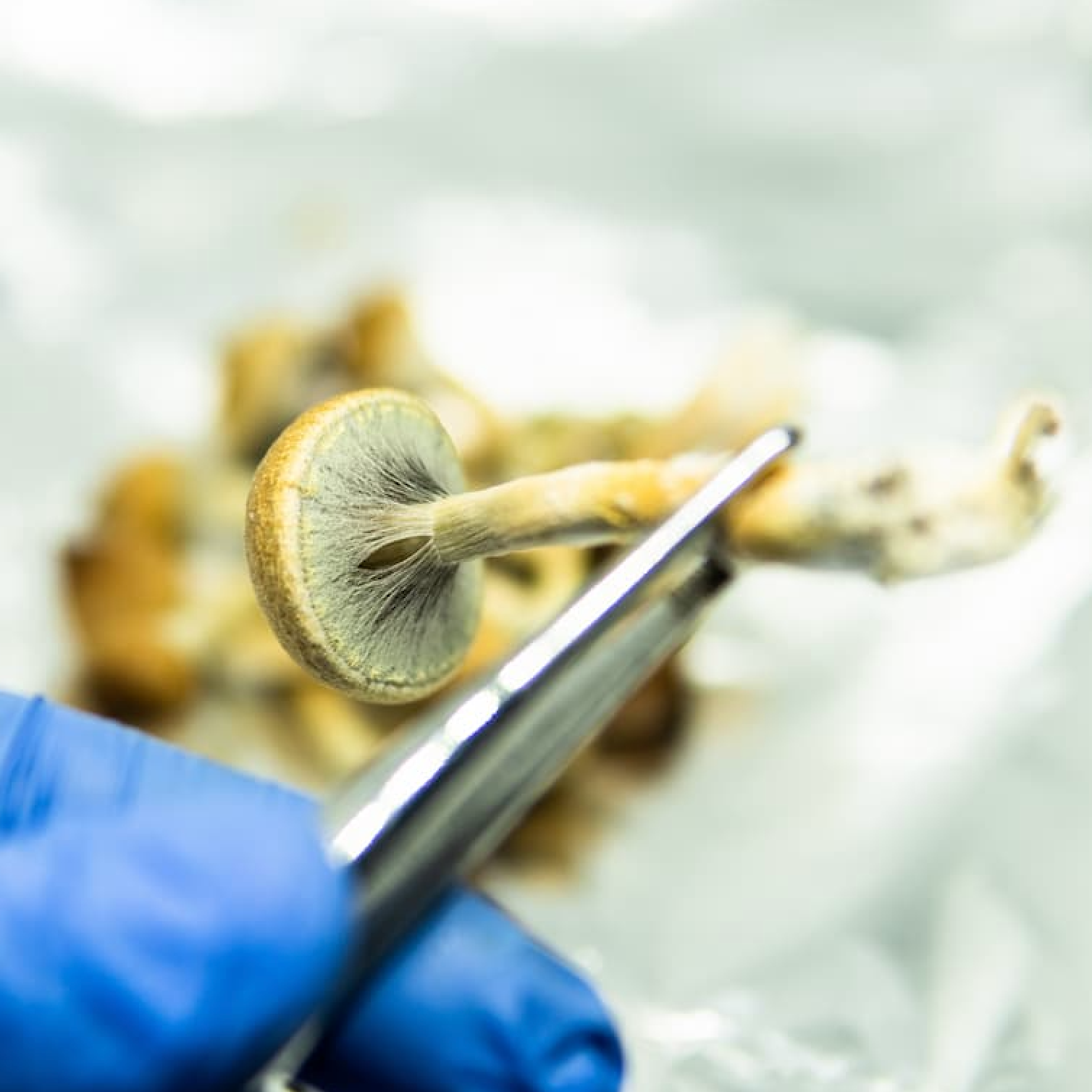Psilocybin Shows Promise for Hard-to-Treat Depression in New Study
A single dose of COMP360 psilocybin significantly reduced depression symptoms in people with treatment-resistant depression, according to new Phase 3 trial data.
By
Lana Pine
| Published on June 23, 2025
4 min read
Credit: Adobe Stock/contentdealer

Compass Pathways has announced positive findings from a pivotal Phase 3 trial evaluating its synthetic psilocybin treatment, COMP360, for people with treatment-resistant depression. This is the first-ever Phase 3 trial of a classic psychedelic to report successful results, marking a major milestone in mental health research.
In the trial, a single 25-milligram dose of COMP360 led to a significant and meaningful reduction in depression symptoms compared with placebo, measured by a standard scale called the Montgomery-Åsberg Depression Rating Scale (MADRS). The difference in scores between the COMP360 group and the placebo group was -3.6 points, which investigators say is both statistically and clinically meaningful.
“The positive top-line results at Week 6 from the COMP005 trial underscore the innovative potential of psilocybin treatment in mental health care for which Compass Pathways continues to pave the way,” Kabir Nath, chief executive officer of Compass Pathways, said in a statement. “We are proud of this significant progress, which reflects our scientific rigor, operational excellence and steadfast commitment to serving patients living with treatment-resistant depression.”
What Does This Mean for Patients?
- One dose, real impact: Just one dose of COMP360 showed a clear benefit for people who haven’t responded to traditional depression treatments.
- Safe profile: According to an independent safety board, there were no unexpected safety issues and no increased risk of suicidal thoughts compared with placebo.
The randomized, double-blind, placebo-controlled COMP005 study included 258 patients across 32 U.S. sites. The second part of this trial is still ongoing, with longer-term results expected later.
Another large trial (COMP006), which is running in parallel to the COMP005 trial, is also underway. The randomized, double-blind study enrolled 568 participants living in the U.S. and Europe and plans to compare two fixed doses (25 milligrams and 10 milligrams) of COMP360 as well as 1 milligram COMP360. The first part of the trial will be blinded through nine weeks, participants will again be blinded through Week 26, and then investigators plan to implement an open-label treatment portion from Weeks 26 to 52.
What Is Treatment-Resistant Depression?
Treatment-resistant depression is a form of major depression that doesn’t respond to at least two standard antidepressant medications — diagnosed in approximately one out of three patients with major depressive disorder (MDD). Currently, MDD is estimated to affect about 21 million people in the U.S., with 9 million receiving drug therapies. Treatment-resistant depression is more severe than regular depression, often causing lasting symptoms, increased risk of comorbidities, lower quality of life and higher risk of suicide.
Psilocybin, the active ingredient in certain “magic mushrooms,” is being explored as a new kind of therapy — especially for people with few options left.
Looking Ahead
Compass Pathways plans to share more data with the U.S. Food and Drug Administration (FDA) and continue studying COMP360’s long-term benefits and safety. While psilocybin isn’t yet approved for use in depression, these results offer encouraging news for those struggling with treatment-resistant depression.
“This achievement provides hope that they can finally receive appropriate care and live the life they deserve,” noted Guy Goodwin, M.D., chief medical officer of Compass Pathways. “We are incredibly grateful to the participants, investigators and clinical sites for their invaluable contributions to this study.”

